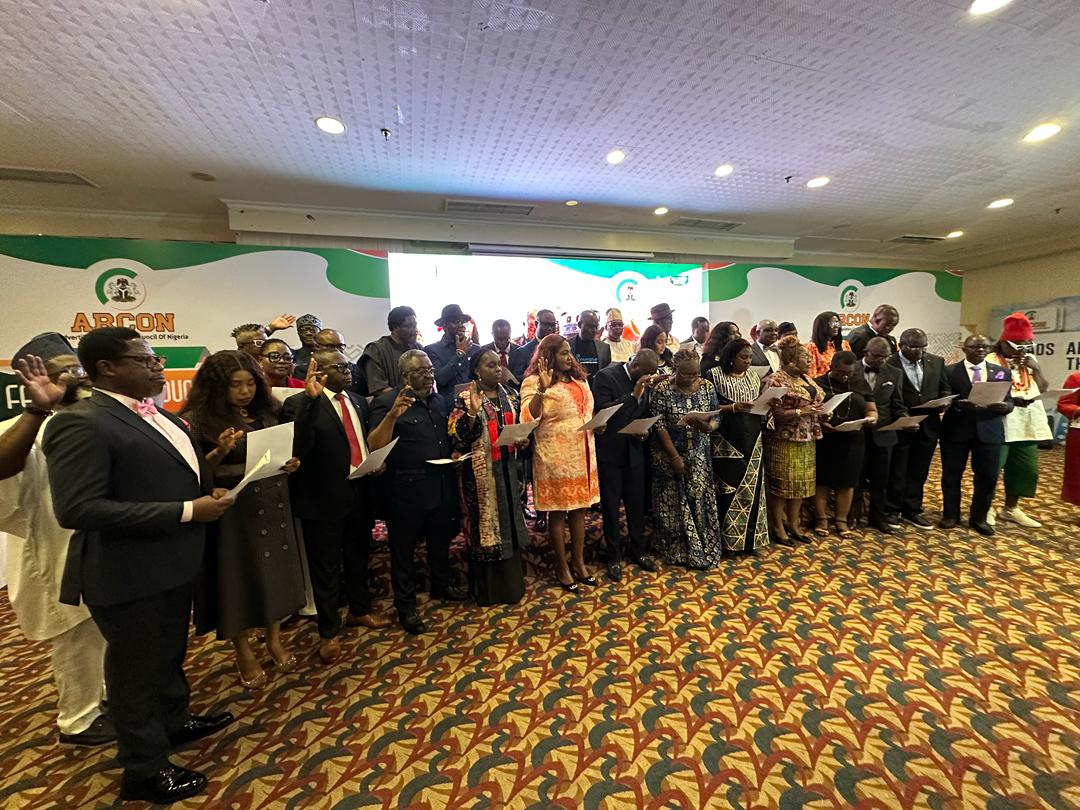While countries and cultures around the world may differ in many aspects, they are united in their quest for economic growth.
As we gradually transition into a post-COVID-19 world, this will become even more of a reality. Amidst the resurgence of economic activities, will be hopes for inclusive growth, an improved standard of living, lower unemployment and movement towards a more equal society. More than ever before, all of these causes now rely on a digital infrastructure to thrive.
Even before this pandemic, emerging markets in particular have been increasingly recognizing the need to digitize their payments economies, and reduce cash dependency as a way to achieve financial inclusion and citizen wellbeing. In this context, payment digitization will undoubtedly not only alleviate many of the downsides of cash, but also create avenues of growth and innovation for people and businesses to thrive.
A recent study conducted by Mastercard reinforces this statement. The research found that cash still represents 85% to 90% of all consumer transactions globally and often comes with significant direct and indirect costs. Direct costs include lost tax revenues, cash production, handling and transportation. In Nigeria, less than 5% of consumer payment transactions are electronic.
Cash is also the main currency of a shadow economy and it is associated with indirect costs due to crime, corruption and associated law enforcement operations. A 1% decrease in the shadow economy decreases corruption by 0.81 to 1.14%. The study calculated the total cost of excessive cash usage at 3.2% to 4.5% of global GDP. Payments digitization allows businesses and citizens to thrive in an ever-changing, pressurized and complex global economy by, counter intuitively, carrying less cash.
To elaborate, when an unbanked member of the community begins to move from cash transactions to digital payments to become financially included, their future starts to brighten and the whole economy begins to thrive. Take for instance farmers who can sell their produce on a marketplace app that allows their payments and receivables to be recorded digitally, thus enabling them to access credit facilities. This in turn helps them buy more seeds or land, growing their produce and business in the process.
According to a study by Moody’s Analytics,higher card use in 70 countries, representing 90% of the world’s GDP, contributed an additional US$296 billion to consumption.Each 1% increase in the use of digital payments produced an average annual increase of US$104 billion in the consumption of goods and services. This represents a 0.04% increase in GDP in developed markets and a 0.02% increase in developing ones. Every contribution will count when commercial activities resume in earnest.
Countries that prioritize digitized payment economies are better placed to mitigate the associated adverse impact of unemployment, financial exclusion, fraud, theft, cost of cash, and corruption. Mastercard’s PEDD (Payments Ecosystem Design & Development), a proprietary advisory methodology, leads to the development of the strategic initiatives required to develop cashless programs that accelerate digital innovation initiatives and modernise national payment infrastructure. It builds and deploys solutions and digital platforms. The PEDD approach consists of five steps: size the payment flows, determine the drivers of cash, design the strategy, prioritize the initiatives, and propose an implementation plan built on public-private partnership that also advances financial inclusion.
Some of the PEDD initiatives that Mastercard has carried out include digital immunisation records with Gavi The Vaccine Alliance, a digital voucher program with the World Food Programme, a digital marketplace for farmers via the Mastercard Farmers Network (MFN), and a digitized school ecosystem through the Kupaa initiative in Africa that allows parents, schools and governments to make and track school payments. These initiatives are also starting blocks for future Smart Cities as they digitize the citizen journey within the payments value chain, thereby creating a seamless experience.
Specifically, in Nigeria, we have partnered with Innovectives to create a self-onboarding digital platform, which enables Nigerian businesses to accept digital payments through optimized solutions such as Mastercard Quick Response (QR), USSD codes, contactless transactions, point-of-sale terminals and web payment gateways to grow ecommerce. Consumers also benefit from added convenience via multi-payment options.
Additionally, strong performance scoring tools support access to micro-loans and credit, enabling MSMEs to grow and sustain their businesses in Nigeria. Secure digital records for their businesses make it possible for lenders to review income and cashflow history, enabling quick, informed decision making.
Payment digitization through fintech collaboration creates opportunities such as greater employment and financial inclusion, balanced gender roles, diversified industry, improved tax collection, efficient government disbursement and foreign investment through financial transparency.
Bringing unbanked and under-banked people into the financial system vastly improves livelihoods and correlates with a greater ease of doing business and improved financial literacy. In 2015, Mastercard made a commitment to reach 500 million people previously excluded from financial services by the end of 2020, thereby moving closer to a world beyond cash. Mastercard recently achieved that goal through more than 350 innovative programs across 80 countries, and has subsequently doubled down on its original commitment, pledging to include another 500 million people by 2025 to reach a total of 1 billion individuals.
A digital future provides a range of choices in a competitive society, usually leading to a happy nation. One of the choices to make is to be digitally and financially included in an economy. This gives consumers and businesses, banked or unbanked, a choice in payment methods, as well as easy ways to retrieve and view their funds. They will have better access to credit, the ability to seed capital for the launching of a small enterprise, and the opportunity to conduct business in the palm of their hands.
It is the right time to focus on digital inclusion. Through partnerships, we can achieve a digital payments economy that includes the economically disadvantaged, mitigates the costs of cash, and achieves the economic growth and well-being that we want for our societies.






Comment
No comments found.